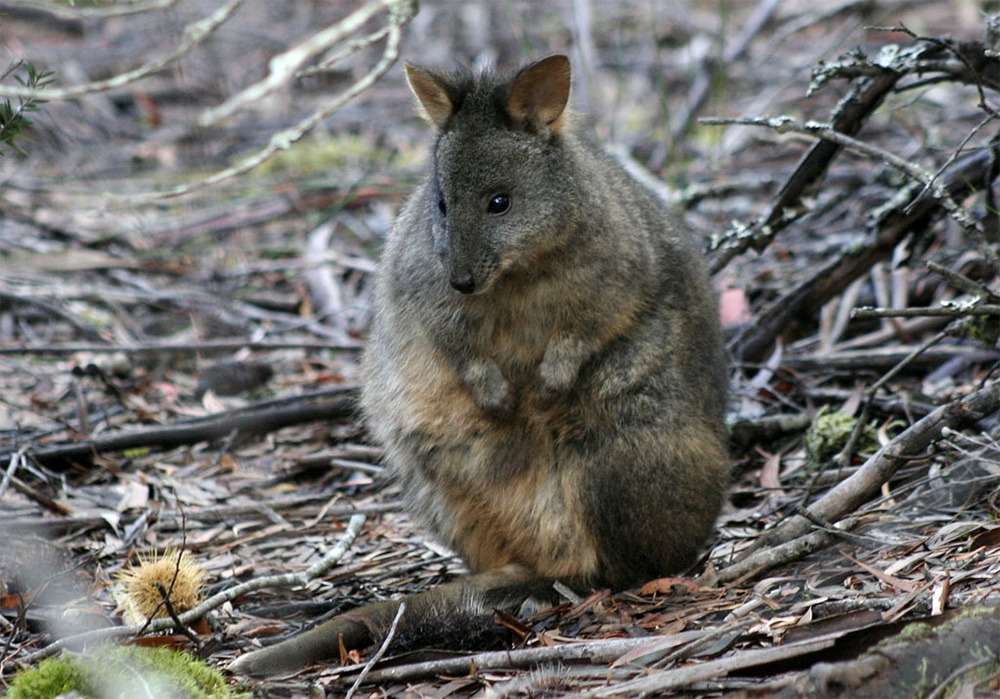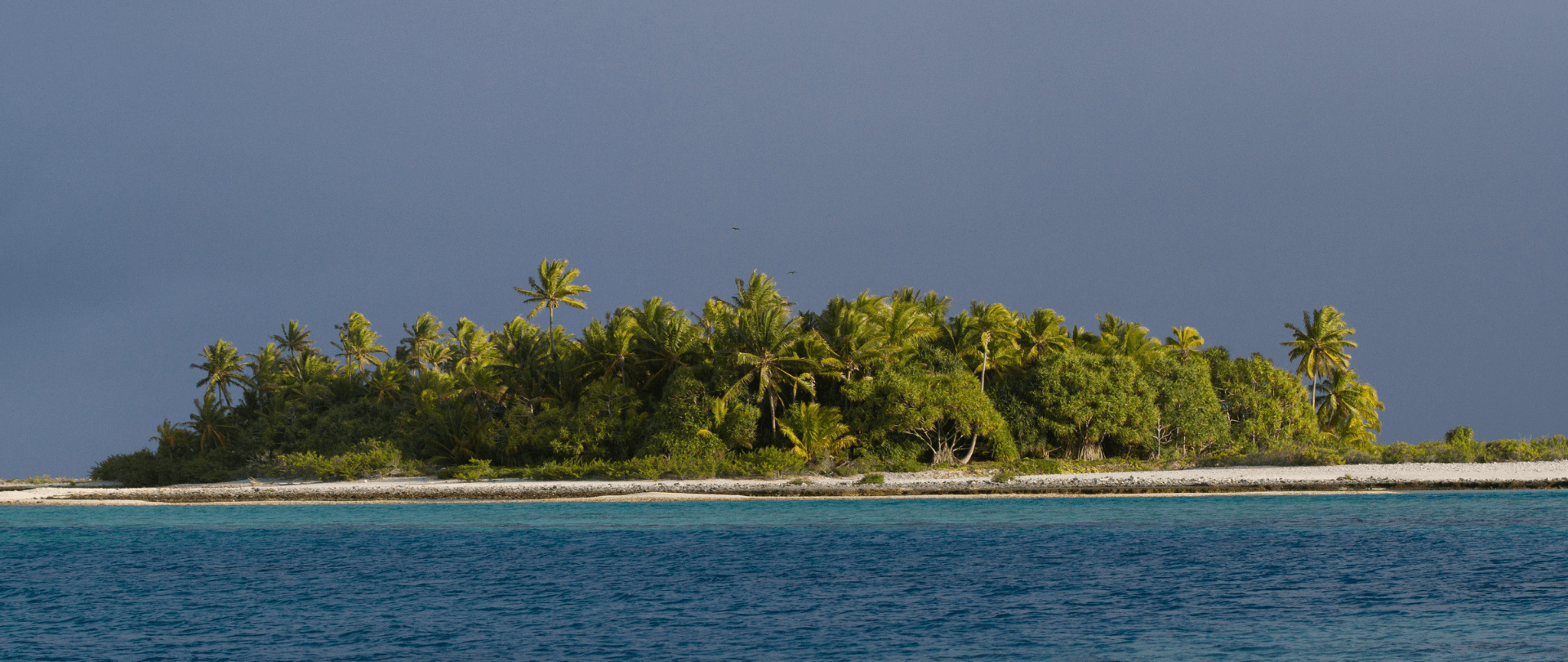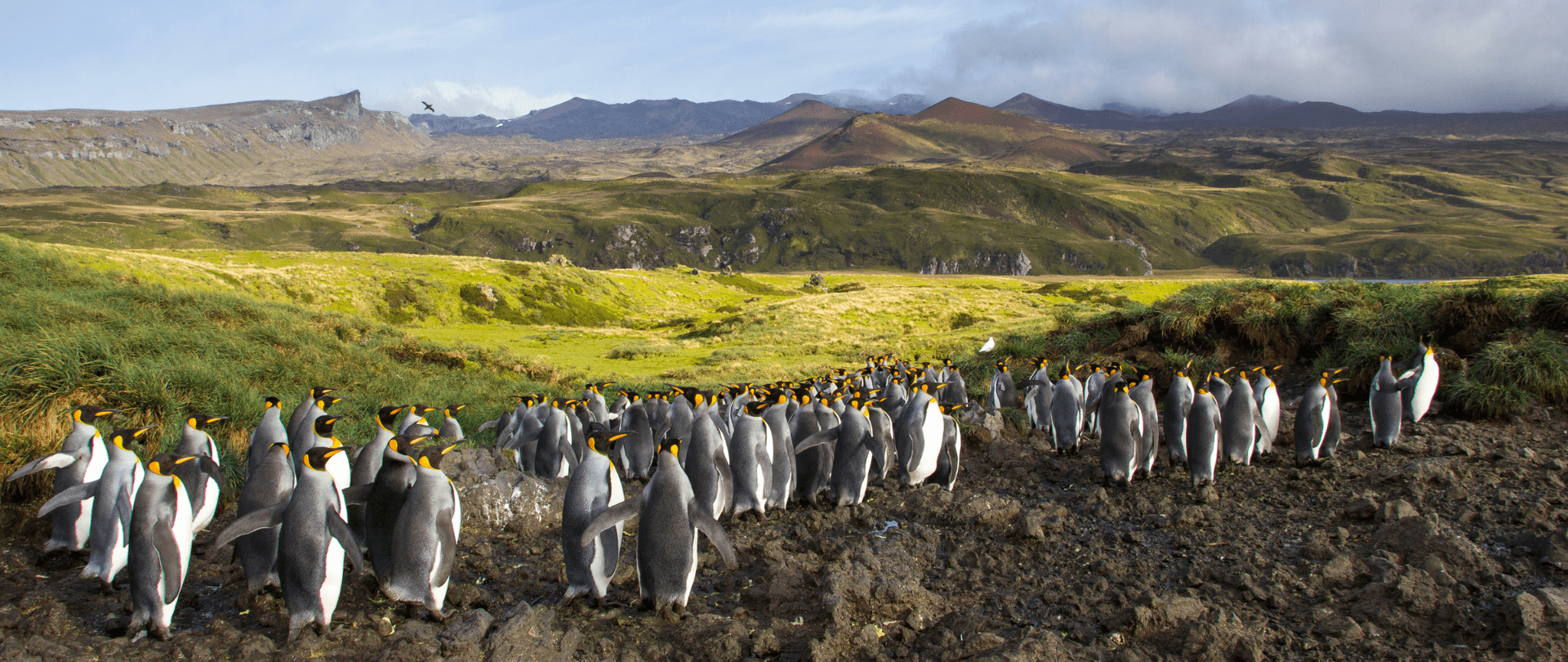The Ebiil Society: Champions of Palau
Ann Singeo, founder of our partner organization the Ebiil Society, shares her vision for a thriving Palau and a flourishing world of indigenous science!
Our new online shop is live!
Published on
April 6, 2018
Written by
Sara
Photo credit
Sara

Dirk Hartog Island is a national park that lies off the coast of West Australia, and after an extensive project to remove invasive feral cats, the island is now safe for native species, including Rufous and Banded Hare Wallabies. In 2017, 24 of these Wallabies were released on the island, and are doing well today with signs of breeding. Now, conservationists are releasing more individuals into the safe haven.

But what is a Wallaby? A Wallaby is a small mammal. It is related to kangaroos, but is much smaller! These furry creatures are active at night and enjoy eating grasses and other vegetation. Keith Morris, senior principal research scientist at the Department of Biodiversity, Conservation and Attractions (DBCA) said:
They are marsupials and they were relatively widespread on the mainland 200 years ago. Over time their range has contracted due to predation by introduced cats and foxes but also land clearing.
Releasing the Wallabies on Dirk Hartog Island through the Dirk Hartog Fauna Reconstruction Project is expected to benefit population numbers, and hopefully help lift the species from their “Threatened” status. Morris noted:
One of our roles is to try and improve the conservation status of some of these animals that have nearly dropped off the planet and only exist on a couple of small islands. It’s probably the biggest fauna reconstruction project in Australia, if not in the world.
The project highlights the value of island restoration projects and offers hope for continued conservation success on islands around the world. Travelers are welcome to visit the island and search for the rare, distinctive native wildlife that have been saved from extinction.
Featured photo: Cliffs over Shark Bay, Dirk Hartog Island. Credit: David
Source: ABC
Check out other journal entries we think you might be interested in.

Ann Singeo, founder of our partner organization the Ebiil Society, shares her vision for a thriving Palau and a flourishing world of indigenous science!

This historic agreement aims to protect the marine and coastal areas of the Southeast Pacific.

Our projects to restore key islets in Nukufetau Atoll forecast climate resilience and community benefits in Tuvalu!

Island Conservation and partners have published a new paper quantifying ecosystem resilience on restored islands!

Climate Week NYC: what is it and why is it important? Read on to find out why Island Conservation is attending this amazing event!

With sea levels on the rise, how are the coastlines of islands transforming? Read on to find out how dynamic islands really are!

Join us in celebrating the most amazing sights from around the world by checking out these fantastic conservation photos!

Rare will support the effort to restore island-ocean ecosystems by engaging the Coastal 500 network of local leaders in safeguarding biodiversity (Arlington, VA, USA) Today, international conservation organization Rare announced it has joined the Island-Ocean Connection Challenge (IOCC), a global effort to…

Island Conservation accepts cryptocurrency donations. Make an impact using your digital wallet today!

For Immediate Release Conservation powerhouse BirdLife South Africa has joined the Island-Ocean Connection Challenge (IOCC) – a global initiative aiming to restore, rewild and protect islands, oceans and communities – to support its work to save internationally significant albatross populations…